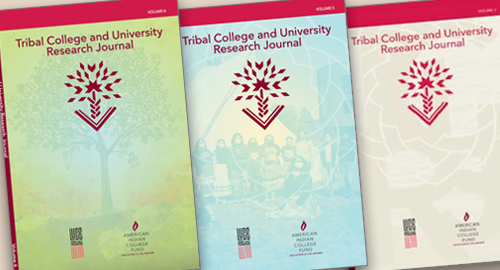We have been receiving calls and questions about the Ft. Lewis College (located in Durango, Colorado) tuition waiver and its history in the wake of a proposed bill that would strip $1.8 million from Fort Lewis College’s budget. House Bill 10-1067, sponsored by Karen Middleton, D-Aurora, would reduce the per-student amount the state reimburses the school for out-of-state Indian students. Middleton said the bill’s passage would have no impact on the promise to educate American Indians free of charge.
The Ft. Lewis tuition waiver is not a result of a treaty, as many have quoted, but rather is the result of the following unique history.
In 1910 the U.S. government deeded to the state of Colorado the property then known as the “Fort Lewis School” with the stipulation as condition of the grant that Indian students would be admitted free of charge and on equity with white students. The educational opportunities for Indian students have been maintained by the college and the state of Colorado since then based on federal and state agreements and court decisions.
In 1971 the Colorado General Assembly sought to restrict granting of free tuition at Ft. Lewis College to American Indians who were otherwise unable to pay. The U.S. government filed an action in U.S. District Court on behalf of Indian students at Ft. Lewis, and the court struck down the legislation, stating it was a breach of the state’s original contractual obligation to American Indians created by the Act of 1910, and that under the contract the state had undertaken the obligation to admit ALL Indian students tuition-free to Ft. Lewis who were otherwise qualified to attend. The U.S. Court of Appeals (10th Circuit) affirmed the District Court’s decision in 1972 that there is a contractual obligation between Indian pupils and Colorado.
In 2008 one in five students was American Indian at Ft. Lewis College.
The Michigan legislature has enacted legislation that provides free tuition for American Indian students who are residents of Michigan to selected higher education institutions.
Finally, two Bureau of Indian Affairs Schools, the Southwestern Indian Polytechnic Institute, a two-year school in Albuquerque, New Mexico, and Haskell Indian Nations University in Lawrence, Kansas also offer American Indian students free tuition, although students do pay fees.
Proof of tribal enrollment is required for these programs.









